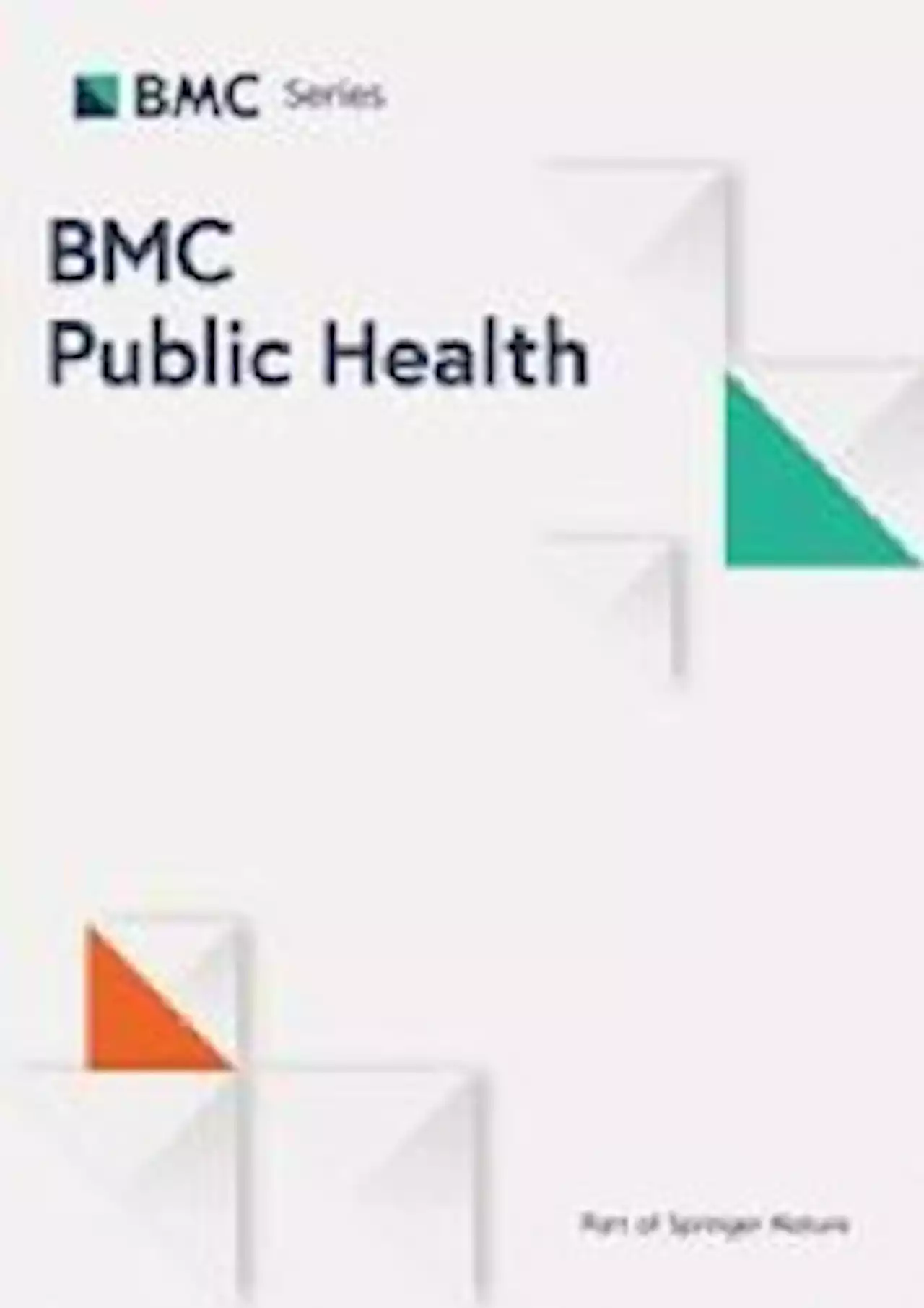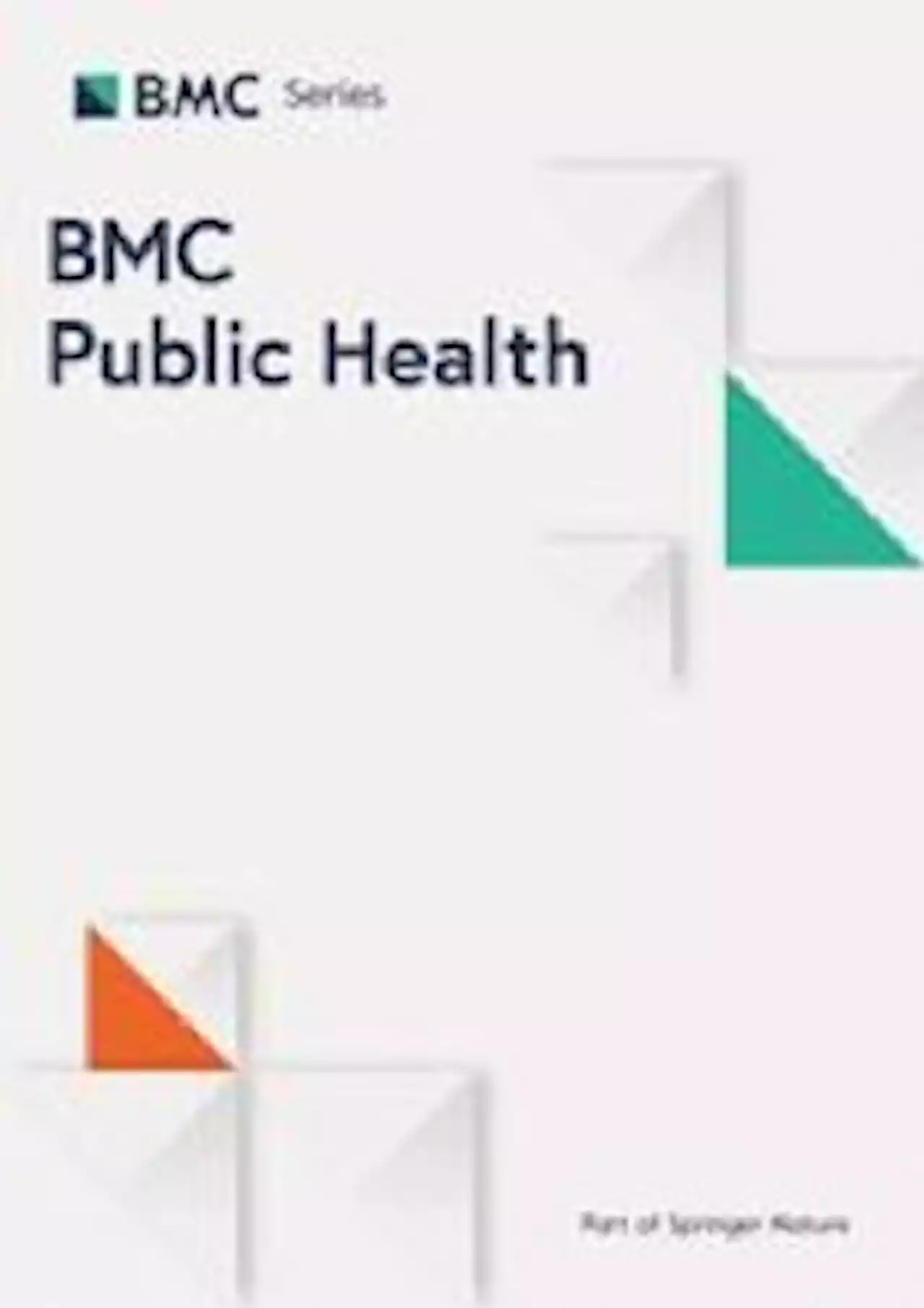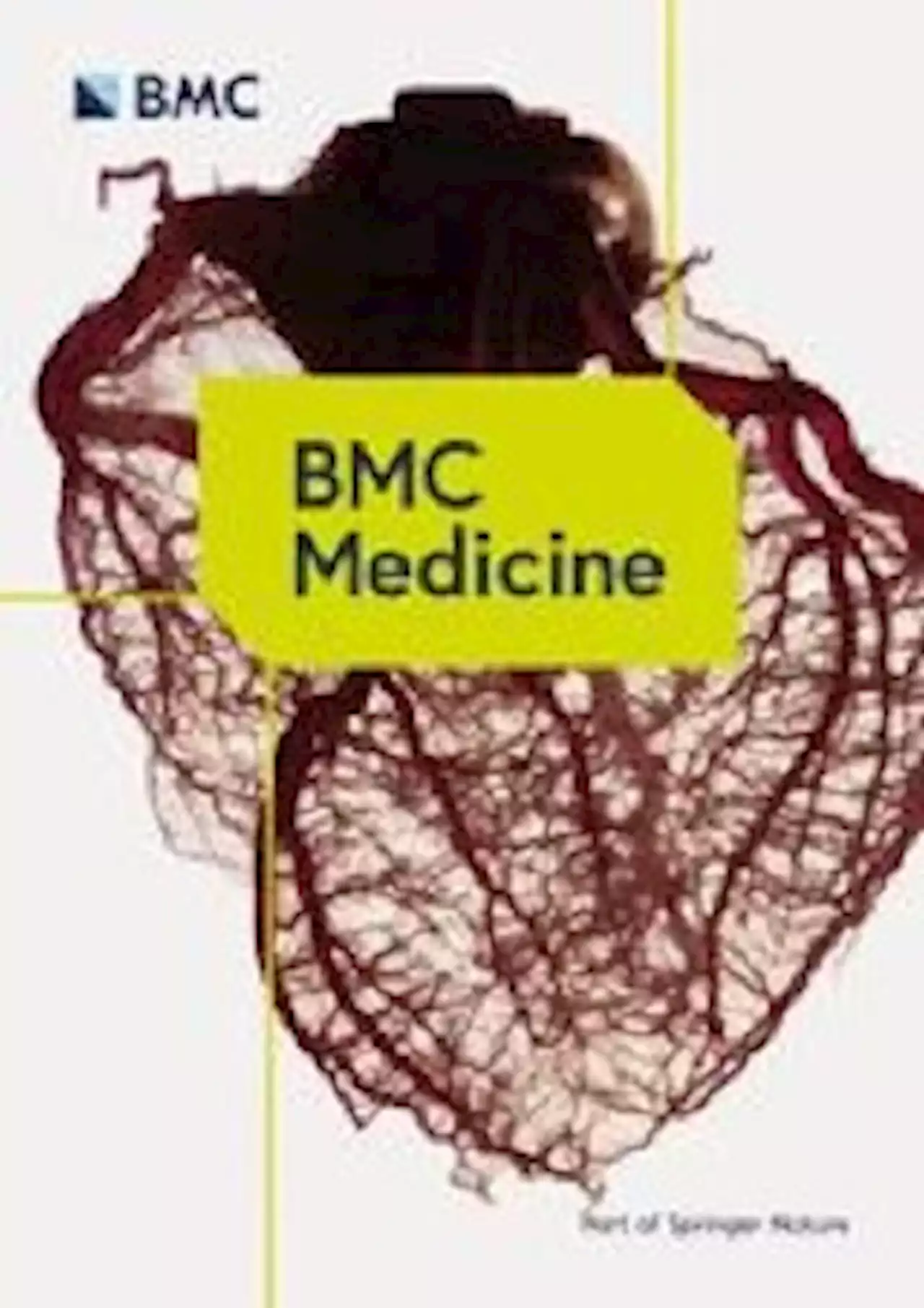An article published in BMCBioInformatics presents Genofunc: a toolkit offering a range of command line orientated functions for processing of raw virus genome sequences into aligned and annotated data ready for analysis.
Although Genofunc was written originally written for processing HIV genome sequences, the package can be easily utilised for other viral sequences with a given reference genome. This is shown through the benchmarking test of different viral datasets against another annotation tool Geneious and comparable to the annotation information on GenBank/Los Alamos.
We believe that based on our case study, Genofunc could be easily used on all viruses for the annotation and identification of gene features especially suitable for processing large raw sequence datasets. The setup of the pipeline using Genofunc in this case study also showed efficiency and simplicity in annotating and extracting key genomic regions from raw sequences which can be used in all forms of applications.
In summary, Genofunc is a single command line toolkit suitable for constructing an automated pipeline to process large raw virus sequence datasets efficiently and readily for large scaled phylogenetics. Genofunc is open source and available with documentation atAll data used in this research can be found on the Los Alamos HIV database found at
Ireland Latest News, Ireland Headlines
Similar News:You can also read news stories similar to this one that we have collected from other news sources.
 Xbox Series X|S feels a mother's love with Diablo 4 dynamic backgroundYou can now make the Mother of Sanctuary feel at home on your Xbox Series X|S dashboard with the new Diablo IV dynamic background — we hope you like red!
Xbox Series X|S feels a mother's love with Diablo 4 dynamic backgroundYou can now make the Mother of Sanctuary feel at home on your Xbox Series X|S dashboard with the new Diablo IV dynamic background — we hope you like red!
Read more »
 Qualitative research in suicidology: a systematic review of the literature of low-and middle-income countries - BMC Public HealthBackground Suicide is more prevalent among disadvantaged, discriminated, and marginalised people with the majority of global suicide deaths occurring in the low-and middle-income countries (LMICs). This can be attributed to sociocultural contexts and exacerbated by access to limited resources and services that can assist with early identification, treatment, and support. Accurate information on the personal experiences of suicide is lacking, as many LMICs legislate that suicide is illegal. Methods This study aims to review the qualitative literature to explore the experiences of suicide in LMICs from the first-person perspective. Following the PRISMA-2020 guidelines, the search for qualitative literature published between January 2010 and December 2021 was undertaken. A total number of 110 qualitative articles from 2569 primary studies met the inclusion criteria. Included records were appraised, extracted, and synthesised. Results The results provide lived experience insight into suicide from those living in LMICs, including understanding variations of the causes of suicides, the impacts on others exposed to suicide, existing support systems, and prevention measures to reduce suicide among LMICs. The study offers a contemporary understanding of how people in LMIC experience suicide. Conclusions The findings and recommendations are derived from the similarities and differences within the existing knowledge base that is dominated by evidence from high-income countries. Timely suggestions for future researchers, stakeholders, and policymakers are provided.
Qualitative research in suicidology: a systematic review of the literature of low-and middle-income countries - BMC Public HealthBackground Suicide is more prevalent among disadvantaged, discriminated, and marginalised people with the majority of global suicide deaths occurring in the low-and middle-income countries (LMICs). This can be attributed to sociocultural contexts and exacerbated by access to limited resources and services that can assist with early identification, treatment, and support. Accurate information on the personal experiences of suicide is lacking, as many LMICs legislate that suicide is illegal. Methods This study aims to review the qualitative literature to explore the experiences of suicide in LMICs from the first-person perspective. Following the PRISMA-2020 guidelines, the search for qualitative literature published between January 2010 and December 2021 was undertaken. A total number of 110 qualitative articles from 2569 primary studies met the inclusion criteria. Included records were appraised, extracted, and synthesised. Results The results provide lived experience insight into suicide from those living in LMICs, including understanding variations of the causes of suicides, the impacts on others exposed to suicide, existing support systems, and prevention measures to reduce suicide among LMICs. The study offers a contemporary understanding of how people in LMIC experience suicide. Conclusions The findings and recommendations are derived from the similarities and differences within the existing knowledge base that is dominated by evidence from high-income countries. Timely suggestions for future researchers, stakeholders, and policymakers are provided.
Read more »
 Effect of the COVID-19 pandemic on obesity and it is risk factors: a systematic review - BMC Public HealthBackground Coronavirus disease (COVID-19) is a contagious disease caused by the severe acute new coronavirus called SARS-CoV-2. Devastating social, economic, and health service utilisation-related activities. Increased burden and lifestyle changes due to confinement. Objective This study aimed to investigate and determine the determinants of obesity during the coronavirus disease (COVID-19) pandemic from 2019 to 2023. Methods Observational studies published between December 2019 and January 2023 were thoroughly searched using a PRISMA flow chart. PubMed, Google Scholar, Web of Science, HINARI, Scopus, and Embase databases were used. Two reviewers independently identified and critically evaluated the relevant literature. Studies that reported weight gain or involved BMI measurements of 25 kg/m2 or BMI z-scores for children during the COVID-19 lockdown were selected for inclusion. The Newcastle–Ottawa Scale (NOS) was used as a quality assessment instrument in nonrandomised studies to evaluate study quality. All the contributing determinants of weight increase were identified, gathered, and synthesised. Results This systematic review identified 40 studies with a total population of 5,681,813 from 22 countries, of which 74.6% were male. The sample size from included articles ranged from 37 to 5,315,435. Of the 40 selected articles, 24 focused on adults, five on adolescents, three on children, and eight on children and adolescents. Physical inactivity, sedentary behaviour, bad eating habits, behavioural lifestyle, excessive stress, depression, anxiety, behavioural risk factors, sex, and ethnic minorities were associated with obesity during the COVID-19 pandemic lockdown. Conclusion During the COVID-19 pandemic, physical inactivity, sedentary lifestyle, and poor eating patterns were the most common risk factors for obesity. Additionally, unhealthy eating habits, excessive behavioural stress, depression, anxiety, low mood, age, gender, and ethnic minorities have been ident
Effect of the COVID-19 pandemic on obesity and it is risk factors: a systematic review - BMC Public HealthBackground Coronavirus disease (COVID-19) is a contagious disease caused by the severe acute new coronavirus called SARS-CoV-2. Devastating social, economic, and health service utilisation-related activities. Increased burden and lifestyle changes due to confinement. Objective This study aimed to investigate and determine the determinants of obesity during the coronavirus disease (COVID-19) pandemic from 2019 to 2023. Methods Observational studies published between December 2019 and January 2023 were thoroughly searched using a PRISMA flow chart. PubMed, Google Scholar, Web of Science, HINARI, Scopus, and Embase databases were used. Two reviewers independently identified and critically evaluated the relevant literature. Studies that reported weight gain or involved BMI measurements of 25 kg/m2 or BMI z-scores for children during the COVID-19 lockdown were selected for inclusion. The Newcastle–Ottawa Scale (NOS) was used as a quality assessment instrument in nonrandomised studies to evaluate study quality. All the contributing determinants of weight increase were identified, gathered, and synthesised. Results This systematic review identified 40 studies with a total population of 5,681,813 from 22 countries, of which 74.6% were male. The sample size from included articles ranged from 37 to 5,315,435. Of the 40 selected articles, 24 focused on adults, five on adolescents, three on children, and eight on children and adolescents. Physical inactivity, sedentary behaviour, bad eating habits, behavioural lifestyle, excessive stress, depression, anxiety, behavioural risk factors, sex, and ethnic minorities were associated with obesity during the COVID-19 pandemic lockdown. Conclusion During the COVID-19 pandemic, physical inactivity, sedentary lifestyle, and poor eating patterns were the most common risk factors for obesity. Additionally, unhealthy eating habits, excessive behavioural stress, depression, anxiety, low mood, age, gender, and ethnic minorities have been ident
Read more »
 Effects of ketogenic diet on health outcomes: an umbrella review of meta-analyses of randomized clinical trials - BMC MedicineBackground Systematic reviews and meta-analyses of randomized clinical trials (RCTs) have reported the benefits of ketogenic diets (KD) in various participants such as patients with epilepsy and adults with overweight or obesity. Nevertheless, there has been little synthesis of the strength and quality of this evidence in aggregate. Methods To grade the evidence from published meta-analyses of RCTs that assessed the association of KD, ketogenic low-carbohydrate high-fat diet (K-LCHF), and very low-calorie KD (VLCKD) with health outcomes, PubMed, EMBASE, Epistemonikos, and Cochrane database of systematic reviews were searched up to February 15, 2023. Meta-analyses of RCTs of KD were included. Meta-analyses were re-performed using a random-effects model. The quality of evidence per association provided in meta-analyses was rated by the GRADE (Grading of Recommendations, Assessment, Development, and Evaluations) criteria as high, moderate, low, and very low. Results We included 17 meta-analyses comprising 68 RCTs (median [interquartile range, IQR] sample size of 42 [20–104] participants and follow-up period of 13 [8–36] weeks) and 115 unique associations. There were 51 statistically significant associations (44%) of which four associations were supported by high-quality evidence (reduced triglyceride (n = 2), seizure frequency (n = 1) and increased low-density lipoprotein cholesterol (LDL-C) (n = 1)) and four associations supported by moderate-quality evidence (decrease in body weight, respiratory exchange ratio (RER), hemoglobin A1c, and increased total cholesterol). The remaining associations were supported by very low (26 associations) to low (17 associations) quality evidence. In overweight or obese adults, VLCKD was significantly associated with improvement in anthropometric and cardiometabolic outcomes without worsening muscle mass, LDL-C, and total cholesterol. K-LCHF was associated with reduced body weight and body fat percentage, but also reduced muscle mass i
Effects of ketogenic diet on health outcomes: an umbrella review of meta-analyses of randomized clinical trials - BMC MedicineBackground Systematic reviews and meta-analyses of randomized clinical trials (RCTs) have reported the benefits of ketogenic diets (KD) in various participants such as patients with epilepsy and adults with overweight or obesity. Nevertheless, there has been little synthesis of the strength and quality of this evidence in aggregate. Methods To grade the evidence from published meta-analyses of RCTs that assessed the association of KD, ketogenic low-carbohydrate high-fat diet (K-LCHF), and very low-calorie KD (VLCKD) with health outcomes, PubMed, EMBASE, Epistemonikos, and Cochrane database of systematic reviews were searched up to February 15, 2023. Meta-analyses of RCTs of KD were included. Meta-analyses were re-performed using a random-effects model. The quality of evidence per association provided in meta-analyses was rated by the GRADE (Grading of Recommendations, Assessment, Development, and Evaluations) criteria as high, moderate, low, and very low. Results We included 17 meta-analyses comprising 68 RCTs (median [interquartile range, IQR] sample size of 42 [20–104] participants and follow-up period of 13 [8–36] weeks) and 115 unique associations. There were 51 statistically significant associations (44%) of which four associations were supported by high-quality evidence (reduced triglyceride (n = 2), seizure frequency (n = 1) and increased low-density lipoprotein cholesterol (LDL-C) (n = 1)) and four associations supported by moderate-quality evidence (decrease in body weight, respiratory exchange ratio (RER), hemoglobin A1c, and increased total cholesterol). The remaining associations were supported by very low (26 associations) to low (17 associations) quality evidence. In overweight or obese adults, VLCKD was significantly associated with improvement in anthropometric and cardiometabolic outcomes without worsening muscle mass, LDL-C, and total cholesterol. K-LCHF was associated with reduced body weight and body fat percentage, but also reduced muscle mass i
Read more »
 Red Bull: Marko's mobile phone moment shows Verstappen on "another level"🗣️'Someone's phone is going. Is that Helmut's?' Horner believes Verstappen's capacity to recognise Marko's ringtone while driving shows how he is on 'another level' compared to the rest of the F1 field ⬇️
Red Bull: Marko's mobile phone moment shows Verstappen on "another level"🗣️'Someone's phone is going. Is that Helmut's?' Horner believes Verstappen's capacity to recognise Marko's ringtone while driving shows how he is on 'another level' compared to the rest of the F1 field ⬇️
Read more »
 Red Bull: Marko's mobile phone moment shows Verstappen on "another level"Verstappen showed he is on 'another level' when he recognised Marko's mobile phone going off in the background of team radio during Spanish GP practice, according to Horner. F1
Red Bull: Marko's mobile phone moment shows Verstappen on "another level"Verstappen showed he is on 'another level' when he recognised Marko's mobile phone going off in the background of team radio during Spanish GP practice, according to Horner. F1
Read more »
